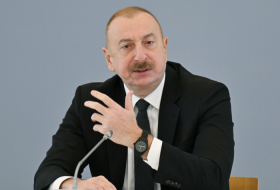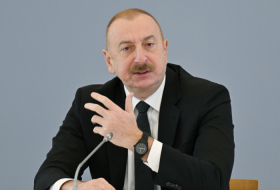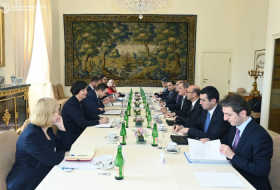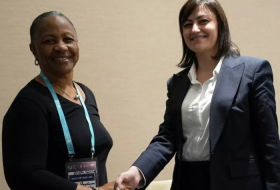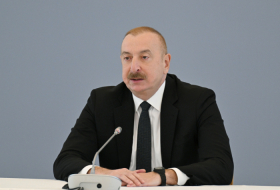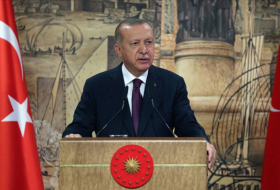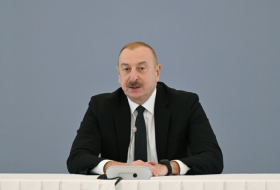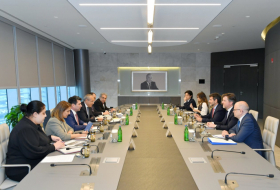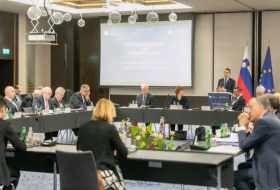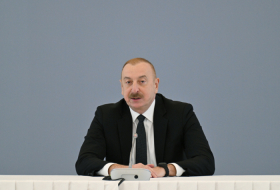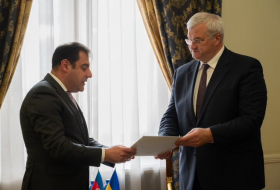The Commons will vote on her withdrawal agreement by 20 March, after MPs agreed to ask the EU to delay Brexit beyond the current 29 March departure date.
Tory MPs and the DUP are seeking further legal assurances over the deal.
Cabinet Minister David Lidington said there was "real impatience" in Europe and unless MPs agreed a deal, the EU could seek a delay of more than a year.
European Council President Donald Tusk has said EU leaders could be open to a long extension "if the UK finds it necessary to rethink its Brexit strategy".
Over the past week, a series of Brexit votes have taken place in the Commons:
- On Tuesday, MPs rejected Mrs May's withdrawal agreement for a second time by 149 votes
- On Wednesday, MPs voted to reject the idea of the UK leaving the EU without a deal under any circumstances. However, that vote was not legally-binding - and under current law the UK could still leave without a deal on 29 March
- Then, on Thursday, the Commons voted by 413 to 202 to seek an extension to Article 50 - the legal mechanism by which the UK is due to leave the EU
It is still technically possible that we could leave the EU at the end of this month - the law has not changed.
But politically it is now almost entirely out of reach.
The prime minister is accepting she will miss one of the biggest targets she has ever set herself.
Thursday's vote was awkward for another reason, as it again displays the Conservatives' fundamental divisions.
This is more than a quarrel among friends, but a party that is split down the middle on one of the most vital questions this administration has posed, with cabinet ministers, as well as backbench Brexiteers, lining up to disagree with Theresa May.
If MPs approve Mrs May's deal before the Brussels summit, she could ask the EU to delay Brexit until 30 June.
Alternatively, there could be a much longer delay, requiring the UK to take part in elections for the European Parliament in May, the prime minister has said, in the event her deal is not approved.
Some MPs have suggested looking into whether the issues around the deal could be solved by using Article 62 of the Vienna Convention - which would allow the UK to withdraw from any treaty if there been "a fundamental change of circumstances... which was not foreseen by the parties".
Leader of the Commons Andrea Leadsom said the government's Attorney General, Geoffrey Cox, had considered the matter and would comment further if he thought it was necessary.
More about: UK Brexit Theresa-May EU











